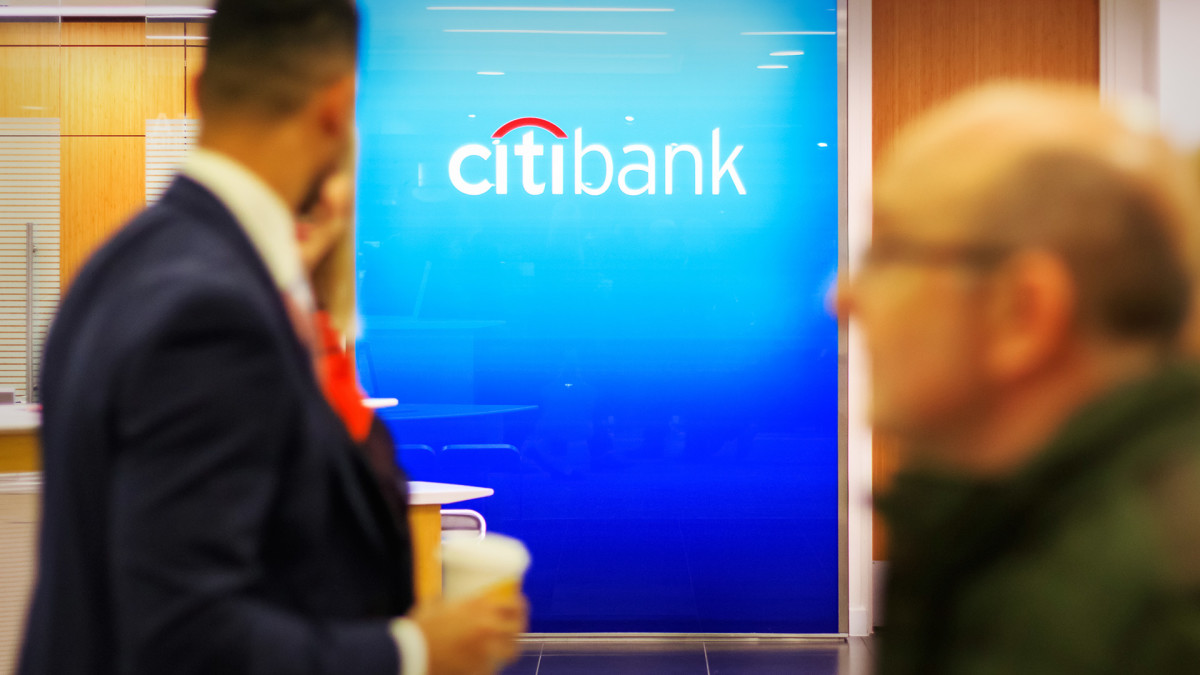
Make that order to go.
A legal food fight came to a rather distasteful end for Citigroup's (C) -) Citibank financial analyst, who lost a wrongful termination case after claiming a two-sandwich lunch on his expense report.
Related: Retail sales surge as U.S. consumers defy recession calls with solid spending gains
A British judge ruled that the bank was entitled to fire Szabolcs Fekete for gross misconduct because he lied when he claimed to have consumed two sandwiches, two coffees and two pasta dishes during a work trip, when he had really shared them with his partner, the Associated Press reported.
Fekete, a financial crime expert working for the bank in London, sued for wrongful and unfair dismissal.
When the company asked about his expenses for a July 2022 business trip to Amsterdam, Fekete said in an email that “I was on the business trip by myself and that I had 2 coffees as they were very small.”
Failure to make full and frank disclosure
He said he ate one sandwich for lunch “and had the second sandwich in the afternoon… which also served as my dinner.”
Fekete said that the amounts were “well within” the bank’s 100 euro ($105) daily expense limit and said: “I don’t think I have to justify my eating habits to this extent.”
After the bank launched an investigation, Fekete admitted his partner, who didn’t work for Citibank, had traveled with him. But he continued to claim he ate all the food himself.
Fekete later claimed he had been undergoing personal problems after the death of his grandmother, was on medical leave from work and was on medication while he was answering emailed questions about his expenses claim.
Following a hearing last month, Employment Judge Caroline Illing ruled in favor of the employer, saying the issue was not “the sums of money involved,” but about Fekete’s failure to “make a full and frank disclosure.”
“I have accepted that the expense report may have been submitted in error,” the judge said. “However, I am satisfied that a dismissal in relation to the misrepresentation allegation alone would fall within the band of a reasonable response by a reasonable employer.”
Fudged expense reports are an all-too-common problem for companies.
A common problem
A 2018 report by the Association of Certified Fraud Examiners found that expense reimbursement cases account for 21% of fraud in small businesses and 11% in large organizations.
"In most companies the amount lost to employee expense report fraud is relatively small," according to an article posted on All Business. "But the amount lost to this fraud isn't the only consideration. Even more important to the company is what expense report fraud tells them about their employees."
"If an employee is willing to commit theft via expense reports, he or she might be inclined to commit fraud against the company in other ways," the article said.
Citibank is not the first financial services company to take a stand against bogus meal expense reports.
In 2018, Wells Fargo (WFC) -) fired or suspended more than a dozen employees in its investment bank over alleged violations of the company’s expense policy regarding after-hours meals, the Wall Street Journal reported.
The company learned that some employees regularly placed dinner orders through several delivery services earlier than the policy allowed, and allegedly altered the time stamps on emailed receipts to make their meals eligible for reimbursement.
- Action Alerts PLUS offers expert portfolio guidance to help you make informed investing decisions. Sign up now.







